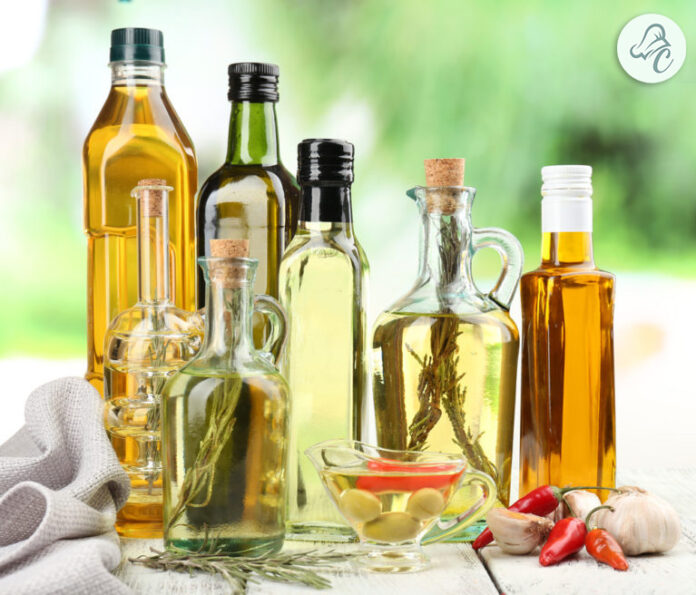Culinary health is a game changer in finding the best healthy cooking oil. If you have the right oil, you will enhance the taste of your dishes while boosting their nutritional value. We will lead you through these high-quality choices for cooking healthy oil and help you find the best edible oil for your health.
Table of Contents
Why Cooking Oil Matters
When it comes to cooking oil, it is not only about flavour; it is also part of your nutritional composition. Oils contain essential fatty acids and enable the absorption of vitamins from food consumed. Nevertheless, not all oils are made equal. Some perform well under high temperatures, while others are good with salads or low-temperature foods. Understanding this distinction will make one healthy when choosing items at home.
Top Healthy Cooking Oils
1. Olive Oil
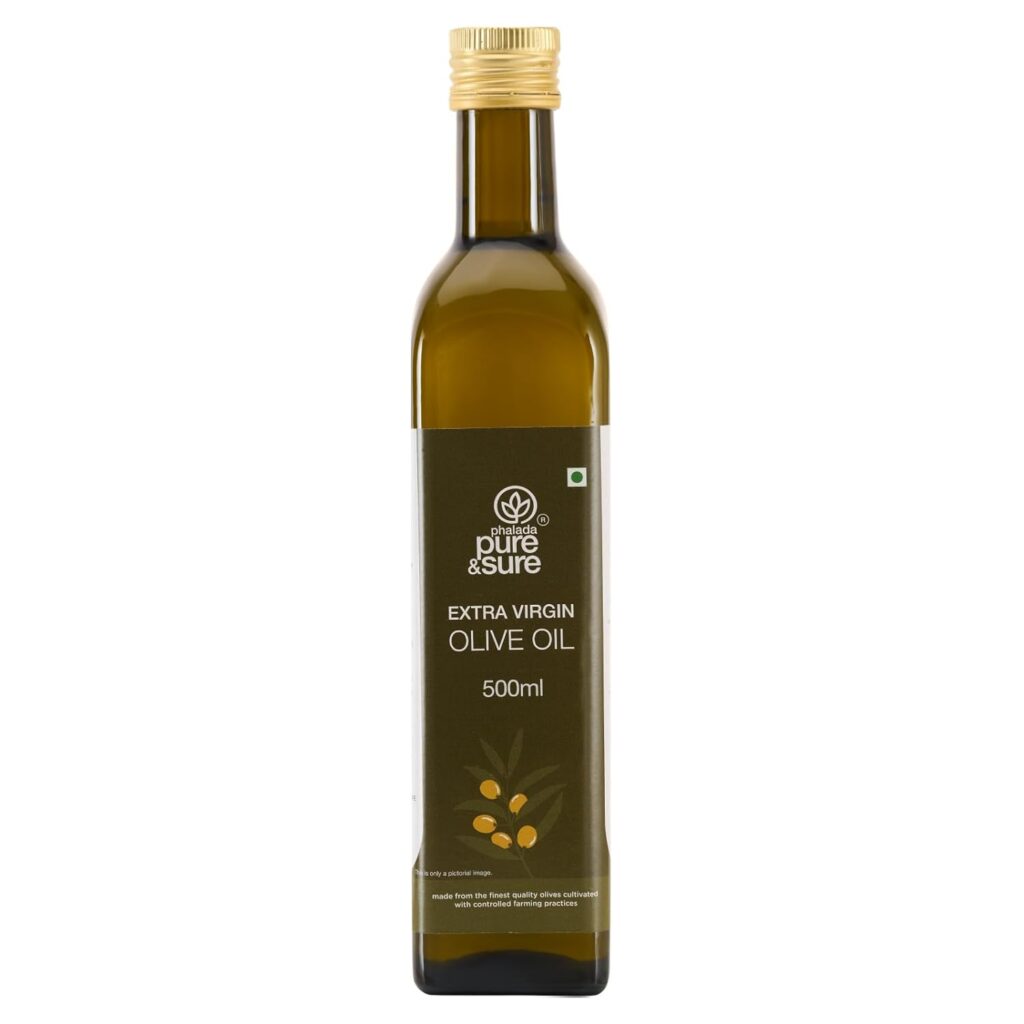
Traditional evidence indicates that olive oil is among the healthiest cooking oils. It has monounsaturated fatty acids, and these are deemed to be so beneficial to the heart and help to combat inflammation. All other oils are substandard to extra virgin olive oil as they have undergone further processing and contain fewer nutrients than this product. It should, therefore, be used for frying, baking, or dressing salads to enrich the health benefits and enhance the taste.
2. Avocado Oil
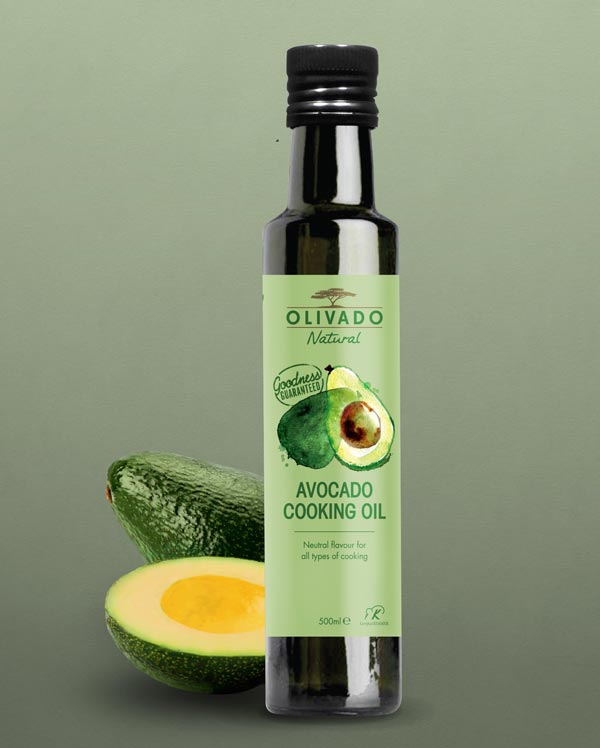
Another option for cooking healthy oil is avocado oil, which is fantastic for people who care about their diet. It has a high smoke point, making it ideal for frying or grilling at high temperatures. Avocado oil contains monounsaturated fats and vitamin E, which support heart functions and make skin shine outwards. This mild-flavoured ingredient can be included in many recipes.
3. Coconut Oil
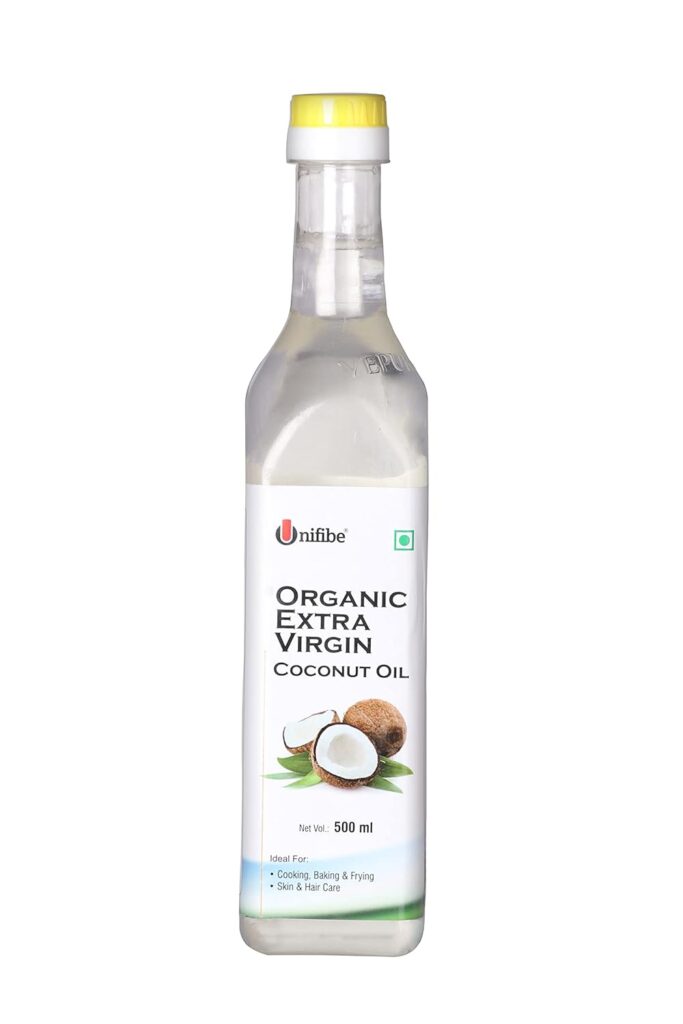
Coconut oil suits individuals searching for the best edible oil for health due to its unique medium-chain triglycerides (MCTs). Hence, MCT products enter the body quickly, providing energy that may aid weight reduction efforts even though room-temperature coconut solidifies with a distinct flavour. Use it for baking or to give your dishes a tropical twist, but remember that coconut oil has high saturated fats, so use it sparingly.
4. Flaxseed Oil
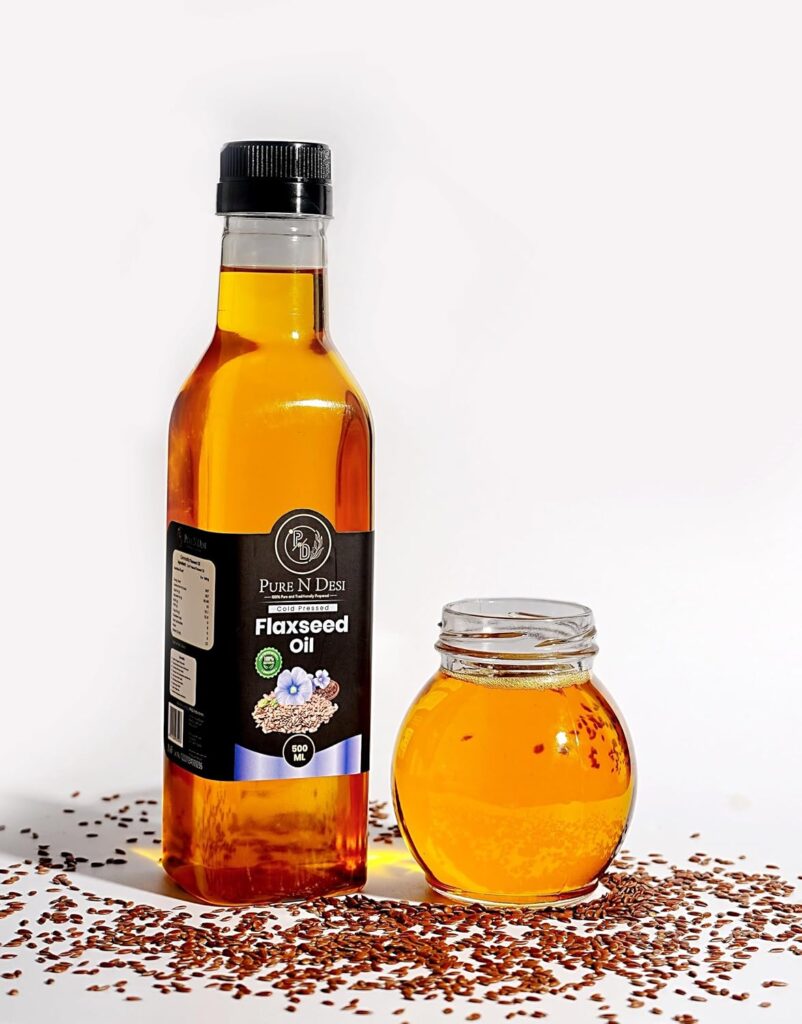
The fact that flaxseed oil contains high levels of omega-3 fatty acids speaks volumes about its contribution to the health of our hearts. It is most suitable as an ingredient in cold preparations like dressings and smoothies since it has a low smoke point. Include flaxseed oil in your kitchen cupboard to reduce inflammation and improve overall welfare.
5. Canola Oil
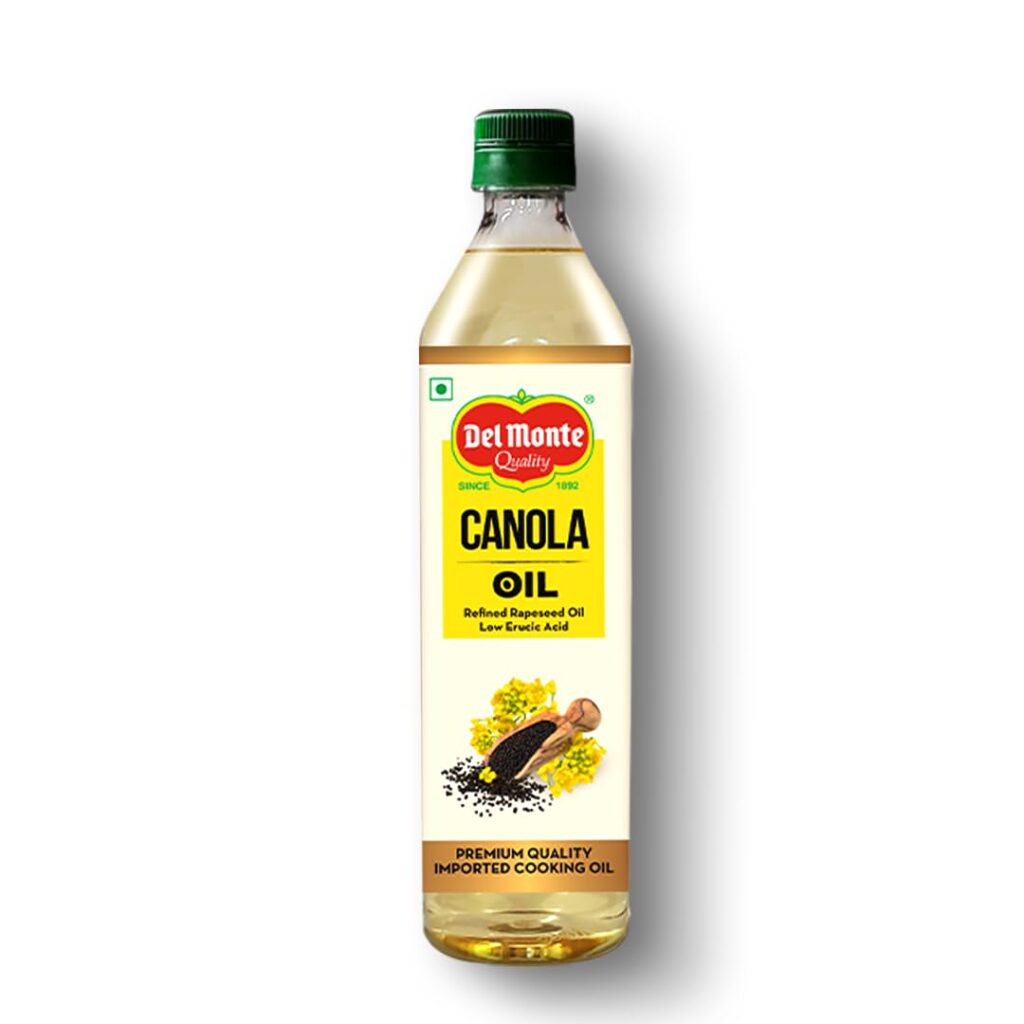
Canola oil is the best edible oil for health because of its balanced combination of omega-3 and omega-6 fatty acids. It is perfect for different cooking techniques because it has a mild taste and a high smoking point, from frying to baking. Look for cold or expeller-pressed canola oils when choosing a healthier one with more preserved nutrients.
6. Sesame Oil
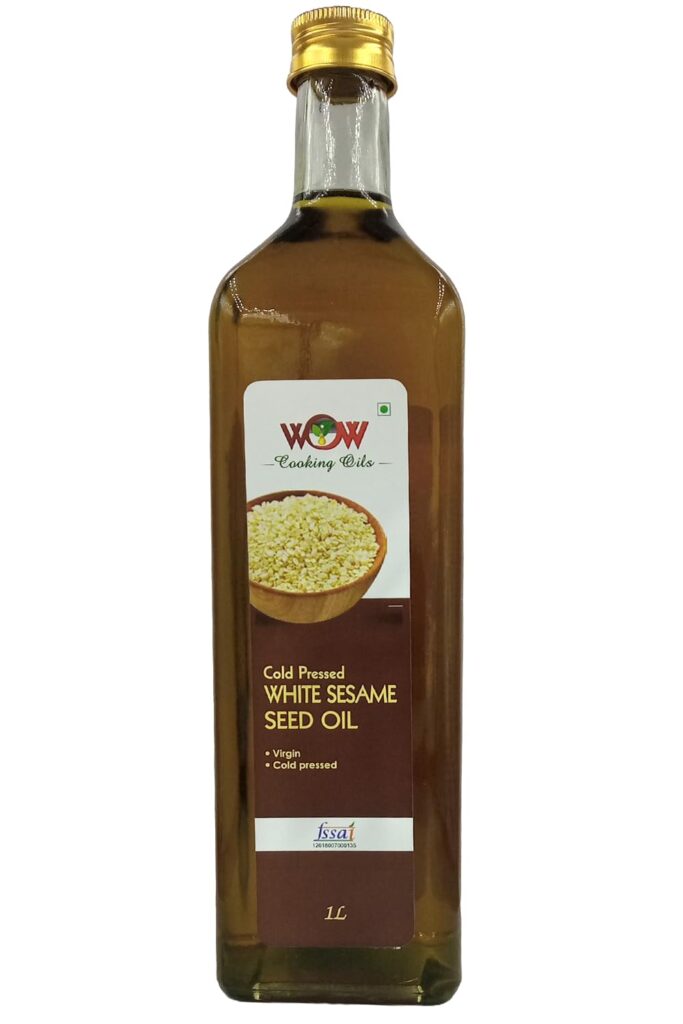
Sesame oil adds distinct tastes to meals and is commonly used in Asian cooking. It comprises monounsaturated and polyunsaturated fats, among other antioxidants such as sesamolins. It can also be toasted for a more pungent taste, becoming an added flavour at the end of meals. However, exercise caution when consuming due to its flavoring solid effect and calories contained in it.
7. Grapeseed Oil
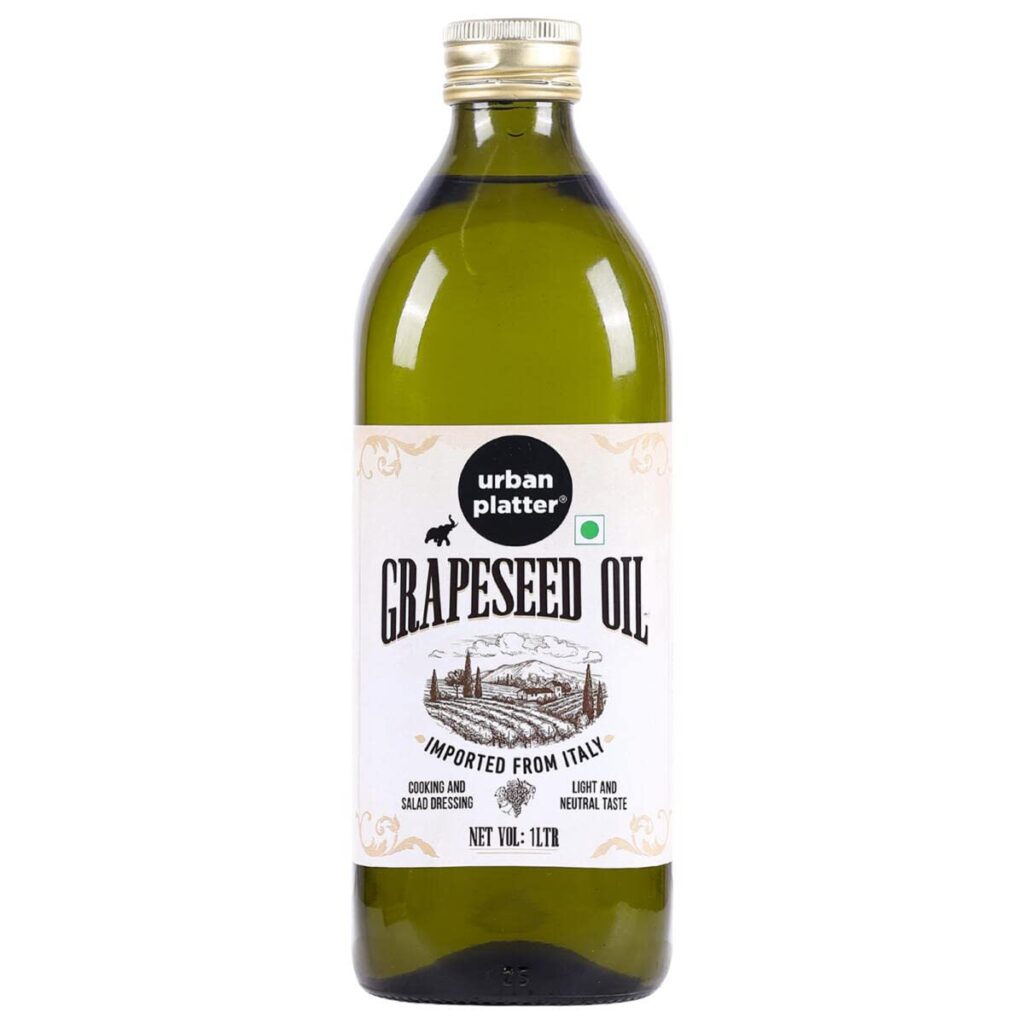
Grated seed, the less popular but healthy option, has polyunsaturated fats alongside Vitamin E, which acts like an antioxidant agent. The high smoke point permits this mild-flavored type of fat to work well on frying, sautéing, or even baking. It means that this all-purpose fat pairs with various recipes.
Comparing Oil Options for Specific Recipes
Different types of oils are required depending on the recipe, cooking method, and desired flavors. Quickly choosing your specific culinary needs oil:
- Sautéing and Stir-Frying: You can use oils with high smoke points, such as avocado or canola oil for this technique. These oils will not break down or emit smoke at high temperatures.
- Baking: You could also bake with coconut or olive oil. The former adds a hint of coconut, while the latter is neutral in flavour.
- Salad Dressings: Extra virgin olive oil and flaxseed should be chosen to make salad dressings with taste but no need for cooking with some added health benefits.
- Marinades and Finishing Touches: Finally, sesame oil or toasted sesame oil, for its intense flavour can be used to finish off dishes or as marinades.
Potential Health Concerns
Though many oils have their own sets of health advantages, there are a few things we should consider:
- Saturated Fats: These oils, like coconut oil, contain high saturated fats, which may raise LDL cholesterol levels. This is not to say that MCTs of this type cannot be suitable for your health, though they would undoubtedly require moderate use.
- Processing: Other highly processed oils, including certain brands of canola and soybean, may have unhealthy trans fats or other additives. Choose less processed ones like cold-pressed or extra virgin oils instead.
- Omega-6 Fatty Acids: If one consumes too many omega-6-rich foods, like grapeseed, inflammation occurs; hence, choose those balanced with omega-3-rich ones, like flaxseed.
FAQs
1. What is the smoke point?
It is worth pointing out that the smoke point is observed as the temperature at which an oil begins to ‘burn,’ or, in more technical terms, undergo the process of pyrolysis. Some of the examples are avocados and canola. They are associated with higher smoke points and are used when cooking at high temperatures is desired. For example, others, such as flaxseed oil, are applied in cold dressing.
2. What’s the difference between refined and unrefined oils?
The oils in this group are processed to eliminate any other impurities that could lower their smoke point, which means they are suitable for high-heat cooking. Raw oils retain more nutrients and flavours than refined oils, but because of their low smoke point, they can easily be overheated. Select the type of cooking you like according to your health requirements.
3. Can I use olive oil for high heat?
Extra virgin olive oil has a lower smoke point than other oils, meaning it is not good when you want to cook at high temperatures. However, light or refined olive oil can tolerate higher heat and can be used to sauté or roast.
4. Why is flaxseed oil beneficial?
Flaxseed oil is a source of omega-3 fatty acids that reduce inflammation and improve cardiovascular health. However, it has a shallow smoke point, making it preferable for cold dishes or as a garnishing oil.
Making the Best Choice Healthy Cooking Oils for Your Kitchen
Choosing the best edible oil for health involves balancing flavour, cooking needs, and nutritional benefits. Whether you’re sautéing vegetables, grilling meat, or making a fresh salad, selecting the right oil can enhance both the taste and healthiness of your meals.
By incorporating healthy cooking oil into your kitchen routine, you’re taking a positive step towards better health. From the heart-healthy benefits of olive oil to the high-heat versatility of avocado oil, there’s an oil to suit every cooking need.
For more inspiration, try out these delicious and healthy recipes: 3 Delicious Oats Smoothie Recipes, Sweet Potato Shepherd’s Pie Recipe, and 7 Top-rated Quick And Easy Recipes.
Remember, variety is key to a healthy diet. Don’t be afraid to experiment with different oils and find what works best for you and your family. Happy cooking!
